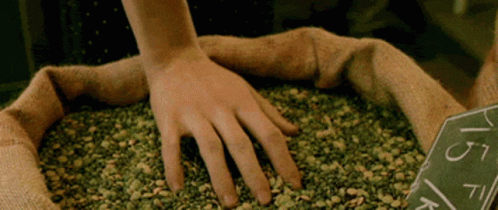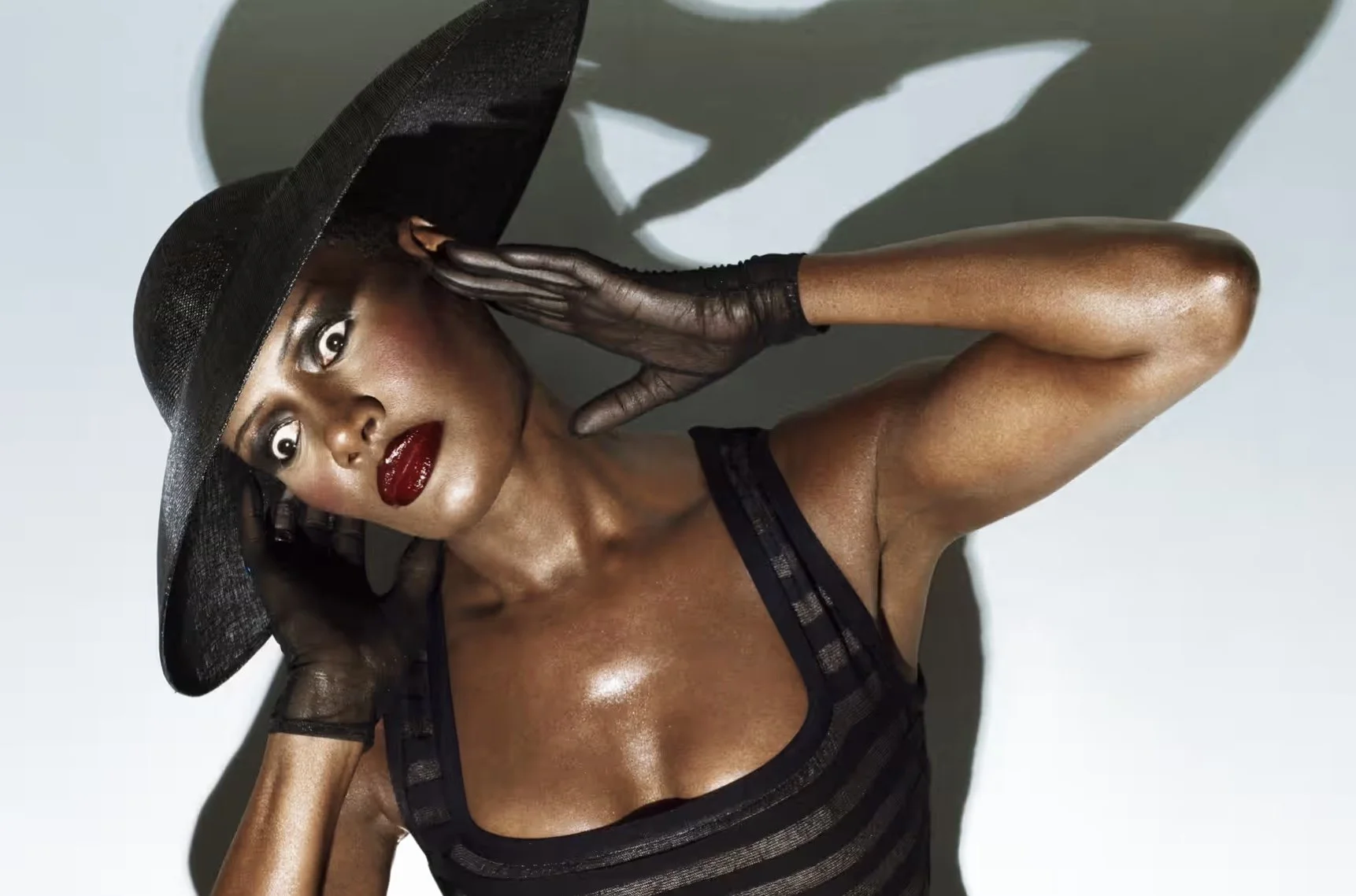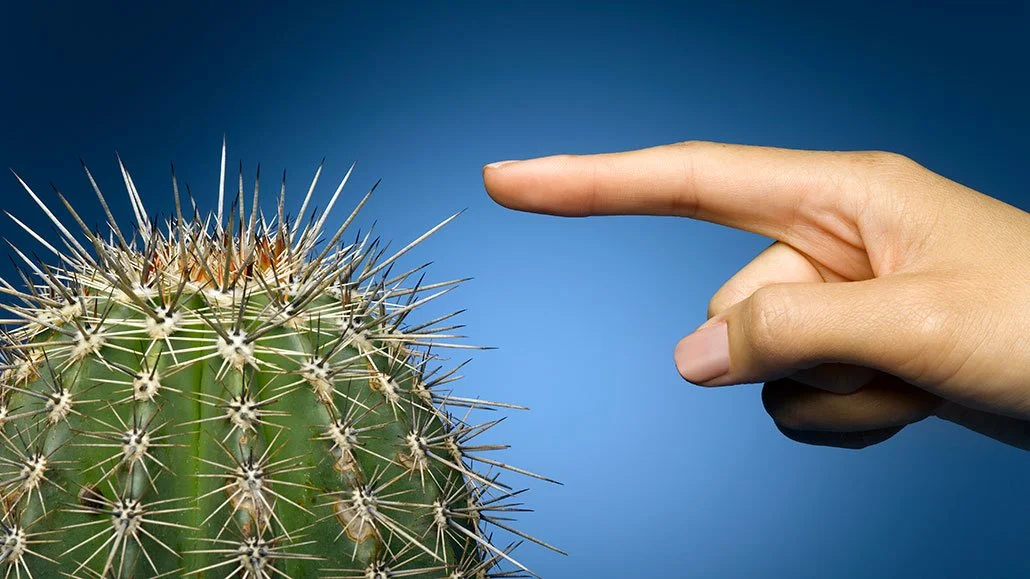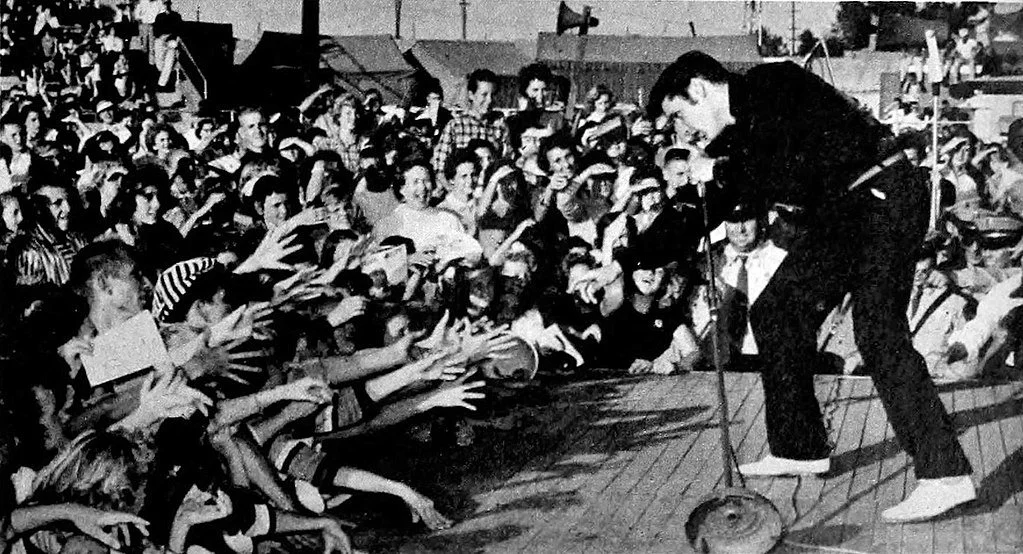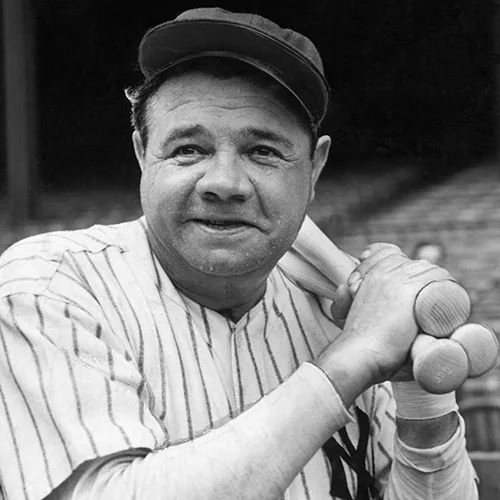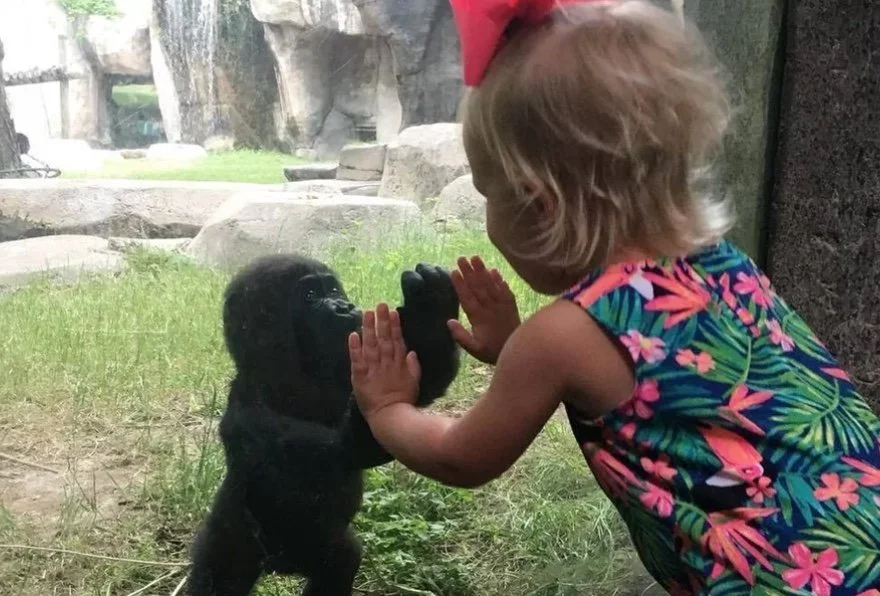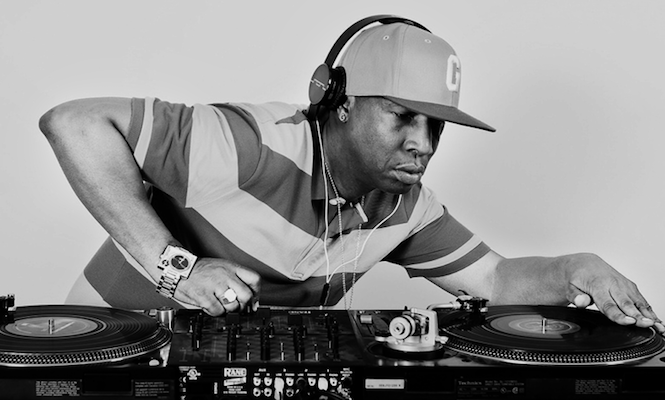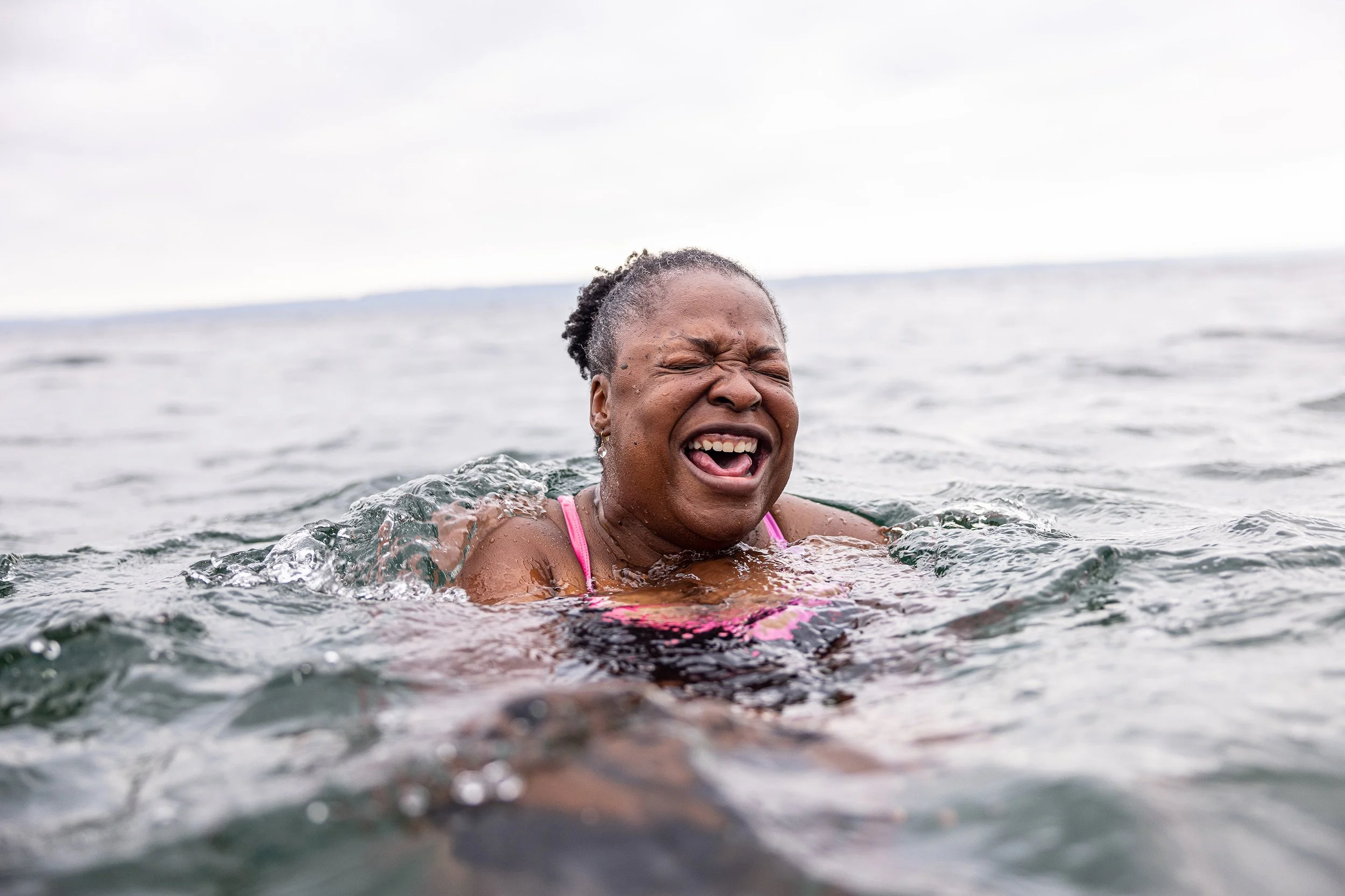By The Landlord
“See how she leans her cheek upon her hand.
O, that I were a glove upon that hand
That I might touch that cheek!” – William Shakespeare, Romeo and Juliet
“One touch of nature makes the whole world kin.” – William Shakespeare, Troilus and Cressida
“And tears are heard within the harp I touch.” – Petrarch
“Every heart sings a song, incomplete, until another heart whispers back. Those who wish to sing always find a song. At the touch of a lover, everyone becomes a poet.” – Plato
“Touch has a memory. O say, love, say,
What can I do to kill it and be free?” – John Keats
“And he that strives to touch the stars,
Oft stumbles at a straw.” – Edmund Spenser, The Shepherd's Calendar
“You jumped like a frog.
You touched like a dog.
You kissed like a bird.” – Santosh Kalwar, An Aphrodisiac
“His heart was like a sensitive plant, that opens for a moment in the sunshine, but curls up and shrinks into itself at the slightest touch of the finger, or the lightest breath of wind.” – Anne Brontë, The Tenant of Wildfell Hall
“You are ice and fire,
The touch of you burns my hands like snow.
You are cold and flame.
You are the crimson of amaryllis,
The silver of moon-touched magnolias.
When I am with you,
My heart is a frozen pond
Gleaming with agitated torches.” – Amy Lowell, Opal
While Shakespeare’s Romeo expressed eagerness to be the glove on Juliet’s hand, and to feel all that it felt, with a different kind of anticipation, I will always remember the moment I touched the black-lace gloved hand of a certain, famous performer. She was mid-song on stage, and, during a performance filled with unexpected twists and turns, spontaneously strange behaviour and extraordinary hats, she called to a huge security guy (“Boy! Come here!” she commanded), and proceeded to wrap her long legs around his shoulders as he stood in the pit below her.
He was built like a brick shithouse, but, understandably, as anyone who has ever seen Miss Grace Jones in action, when she takes charge, he had a terrified look on his face. Then, while the band played on, she rode him like a fierce queen upon some subservient upright ox, tapping and slapping his shoulders, motioning him to move towards the audience, who then, in rapture, reached out. Without thought, I instinctively joined the outstretched hands of fans. And then, in that moment, somehow the gaze of Grace fixed upon me. And suddenly we were holding hands for what felt like ages, those long, bony fingers feeling like electric sticks. It got weirder. Neither of us let go. How long could this go on? I was too scared to do anything. If I let go would she be annoyed? What would happen next? Would she force her way closer? Would the hand of Grace squeeze, caress, or punch me? For anyone who remembers a certain TV interview with Russell Harty, no one can predict what Grace Jones will do next. In all, a terrifyingly touching, tactile experience.
You’ve got to hand it to her … Grace Jones
So then, this week we’re all about touch, chiefly in the context of the one of the five physical senses, which, perhaps alongside smell, is among our oldest, and most primitive. Our sea-dwelling ancestors would have used it more than anything else, to sense food, prey and predators, long before the evolution of eyes from light perceiving skin cells into sight.
It might be tempting to find lyrics that use the word in many other contexts (staying in touch, a touch of class, feeling touched by words), and while some may arguably be metaphorical, let’s seek out songs as part of the physiological somatosensory system, that network of neural structures that produce haptic perception, from mechano- and thermosensitive structures in the skin. You touched my heart? Yes, but not literally. That would be horribly messy.
Let’s not dwell too much on the science aspect but there’s much fascination to discover on the mechanics of this, as much as there’s a range of forms of touch as expressed in song. From the body, touch is conveyed to the brain via sensory neurons processed in the spinal cord, while information from the face and head enters the brain through peripheral sensory neurons in the cranial nerves, such as the trigeminal nerve.
There are four basic types of physiological touch processes in the skin with different kinds of touch sensitivity and perception. Merkel cell nerve endings are found in the basal epidermis and hair follicles, reacting to to low vibrations (5–15 Hz) and deep static touch such as shapes and edges. Tactile corpuscles react to moderate vibration (10–50 Hz) and light touch and located in the dermal papillae and are primarily located in fingertips and lips. Pacinian corpuscles have the fastest reactions, ably to distinguish rough and soft substances, vibrations around 250Hz even a few centimetres away, and can feel sensations through handheld tools. And bulbous corpuscles react more slowly and respond to sustained skin stretch. All very clever, evolved and complicated, but all of this just happens to us, such is the extraordinary intelligence of the body.
And there are many interesting aspects around physical touch. It’s a major form of haptic communication for all animals, including us from violence, to social and family bonding to physical intimacy. Some people touch to emphasise a message – shaking hands, touching shoulders or arms, hugging, or as a sign of attraction in body language. Some touch might involve extraordinary skill, artistry or sensitivity in art or music, or just be a blunt instrument. After all, it is the key that unlocks the sound of musical instruments, though not as easily as this rather droll remark from JS Bach: “It's easy to play any musical instrument: all you have to do is touch the right key at the right time and the instrument will play itself.”
Touch, as well as hearing, is how blind people, in a sense, can see. Touch can be a form of healing sometimes even without actually touching (reiki, anyone?), but in another contact it could be a mental illusion. TV evangelists often ask their congregation (or should that be customers?) to touch the TV or computer screen for a blessing, before or after giving their credit card details. And there are also odd phenomena around touch, such as fantom limbs. All of these and much more could be touched on this week.
Common touch: fans reach out for Elvis Presley at the Mississippi-Alabama Fairgrounds in Tupelo, 26 September 1956
Perhaps it is the absence of touch, or the memory of it, that can be as powerful as its presence. In Keats’s poem, he longs to forget that memory of that touch, but many heartbroken songwriters express their feelings in remembering the touch of a lover with fond, or tortured melancholy, perhaps even more than their words, such is the deep-seated experience of this sense.
Touch is a strange part of human behaviour, especially when it comes to famous people. Some of them are here in the Bar to talk about it.
Touch can be an expression of superstition. Many footballers and other sports stars must go through particular routines before a game, the baseball hitting legend Babe Ruth admitted that: “I had only one superstition. I made sure to touch all the bases when I hit a home run.”
Babe Ruth: touching base
But some famous people prefer to avoid touch. “I don't paint the town red. But when I do go out, people always want to touch my hair. It happens every time,” remarks the film director David Lynch, which his distinctive grey quiff.
“I allow no one to touch me!” declares the artist Paul Cezanne.
And here’s the actress Winona Ryder, who during an unfortunate phase, got addicted to touching items in shops that didn’t below to her and putting them in her bag, but here she talks about touch in another context: “What’s awful about being famous and being an actress is when people come up to you and touch you. That's scary, and they just seem to think it's okay to do it, like you're public property.”
It seems to be universal, whether you’re a film star or a pop star or sports star, or Jesus – fans seem to feel that if you get some physical contact, you can gain some of their talent or aura.
Children in zoos particularly long to touch and pet animals, and put grubby hands against the glass or cage. It is a profound experience to be so close the wild in that sense, though often wrong and potentially dangerous. And there are timeless, deep-seated reasons why we must touch the natural world. Leonardo Da Vinci has popped in the Bar for a glass of wine and adds this profound remark: “In rivers, the water that you touch is the last of what has passed and the first of that which comes; so with present time.”
“Not being able to touch is sometimes as interesting as being able to touch,” adds the artist Andy Goldsworthy, known for his clever placement of objects from nature, such as stones and twigs, but we’re all entirely used to not being allowed to touch items in art galleries or museums, which perhaps add to their precious uniqueness.
But forbidden touch can also lead to fulfilment. In another sphere, here’s the great Grandmaster Flash on what helped cue him up for the hip-hop genre. “My father was my first inspiration. He had an incredible stereo and a turntable, and I was told not to touch it. But I'd go back and touch it anyway. I gained a respect for the turntables when I was a kid. When I was a teenager, I came up with a 'cueing system' to work the turntables because they didn't have it at that time.”
Vinyl touch: Grandmaster Flash
Modern humans, preoccupied by touch screens, perhaps touch each other, at least in a non-sexual context, less than any other time in our history. When we get on a train, we seek the unoccupied seats. And yet we still are adaptable. Personal space is an issue in many contexts, but on a crowded train, or at a festival or gig, we have to adjust. “As soon as a man has surrendered himself to the crowd, he ceases to fear its touch,” writes Elias Canetti in his great social behaviour study, Crowds and Power.
So we have a love-hate relationship with touch, and perhaps that’s part of what makes it fascinating, creating and conveying mixed emotions in songs, expressing all sorts of complex, mystery and contradictory feelings.
Some sensual mystery of touch also comes in the wonderfully sensual film Amelie (2001), in which the lonely, eccentric heroine, played by Audrey Tautou, finds pleasure in various forms of the tactile, a theme which runs throughout the film.
Often we’re overloaded with conflicting senses. But in 1997, long before the formation of successful interactive theatre companies such as Punchdrunk, by chance I ended up going to a strange, but wondrous walk-through experience created in King’s Cross bus station by a company from, I think, Guatemala. At the start, everyone had to remove their sock and shoes, and the experience was almost entirely in the dark, where all participants went through, one by one, alone and were not aloud to talk at any point. It was only possible to feel your way through each area and everything in your path, encountering sand and soil, rough and smooth and warmth on cold on feet, strange sensations on hands and face, from the woollen to the silky, the spongey to the bobbly to rubbery, items and materials dangling from the ceiling and sticking out from the walls.
And even as light began to appear slowly, touch was entirely involved as I was motioned by a silent attendant in the shadows to stand still against a wall, against which I leant, which then tilted backwards, suddenly realising I was being transported smoothly and silently in a large, comfortable wheelbarrow towards the next section, a low-lit garden. There I was wordlessly encouraged to push a laughing woman backwards and forwards on swing, who also ran among the shadowy trees, stopping and staring back.
And finally, after various other random tactile experiences, I ended up a in strange, tiny bar room, where a masked bar attendant offered me various spirits. Then suddenly out of a side door appeared a leather-clad, motorbike gear-wearing woman in black, who sat next to me staring intently and silently. She then place her elbow and forearm on the bar, and challenged me to an arm wrestle. We clenched in a start position for about a minute. After which, she got up and pushed me in a dark room for the final five minutes of the experience before I was finally let out, into the end of the show, blinking in the light. For some that might be an average tactile experience in King’s Cross, but for me that that certainly a one-off.
So then, while arm-wrestling is entirely optional in this Bar, you are very much encouraged to nominate songs on the subject of touch. With no shortage of skill on touching on many topics, this week’s tactility detector is the excellent Uncleben! Place your songs in comments below for deadline on Monday night 11pm UK time for playlists published next week. Take the plunge …
New to comment? It is quick and easy. You just need to login to Disqus once. All is explained in About/FAQs ...
Fancy a turn behind the pumps at The Song Bar? Care to choose a playlist from songs nominated and write something about it? Then feel free to contact The Song Bar here, or try the usual email address. Also please follow us social media: Song Bar Twitter, Song Bar Facebook. Song Bar YouTube, and Song Bar Instagram. Please subscribe, follow and share.
Song Bar is non-profit and is simply about sharing great music. We don’t do clickbait or advertisements. Please make any donation to help keep the Bar running:

